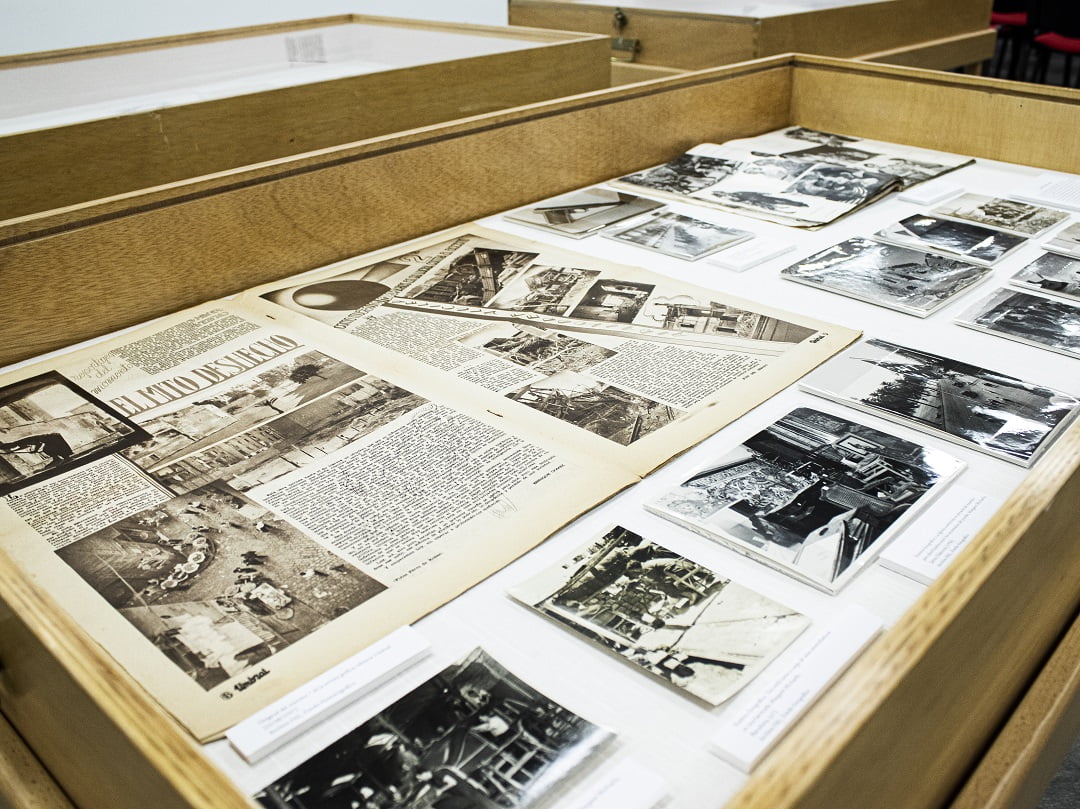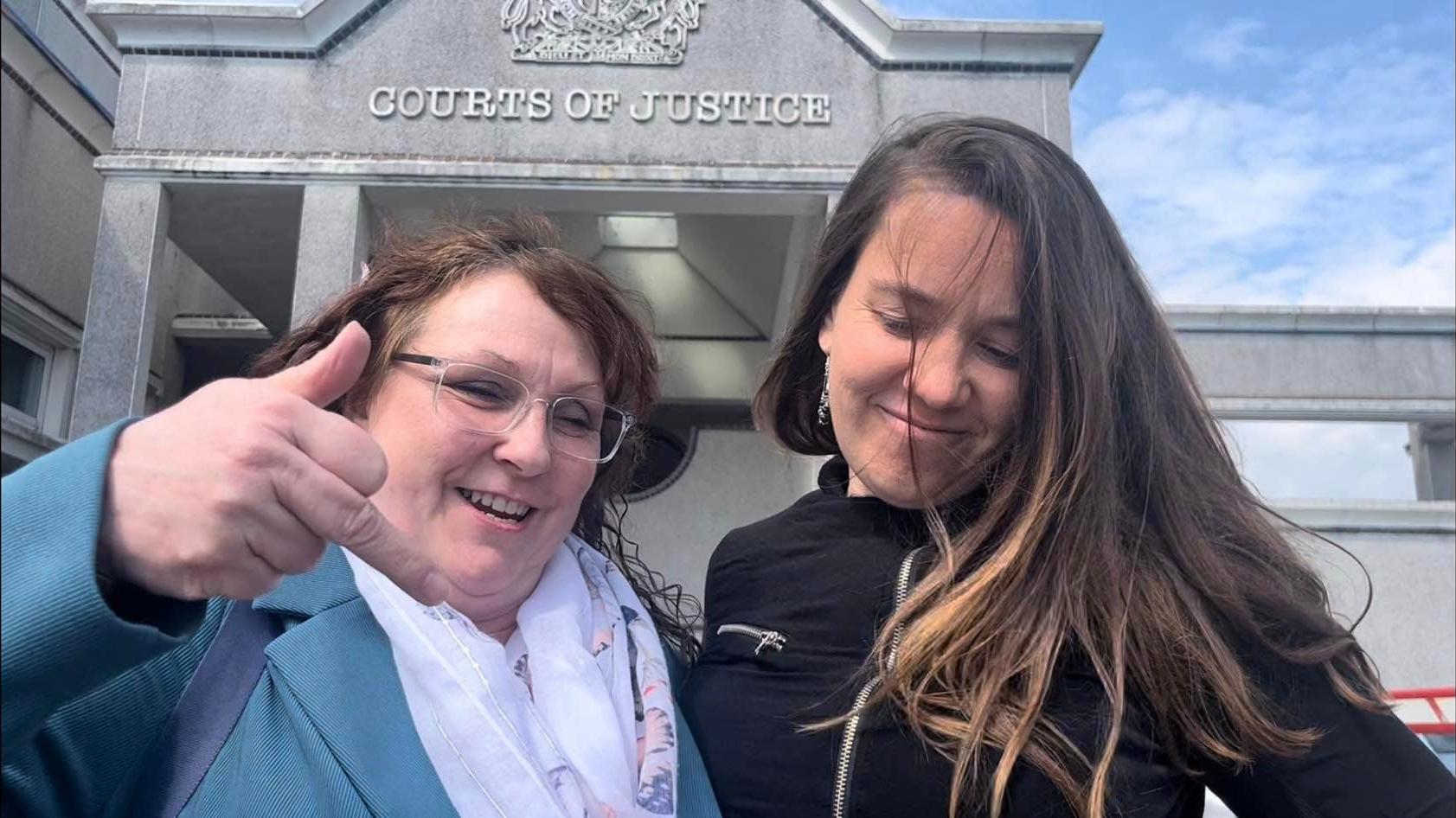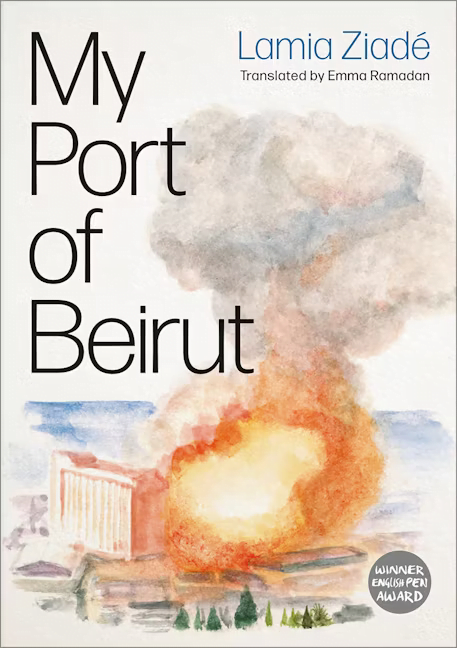On Thursday, 7th December 2023, it was announced that Benjamin Zephaniah, aged sixty-five, had passed away in the early hours with his wife by his side; eight weeks prior, he had been diagnosed with a brain tumour. Born 15th April 1958, he leaves behind a vast legacy of poems, literature, music, television and radio. Benjamin lived an extraordinary life; he was a phenomenal person who created innovative art that positively impacted multiple generations. A poet, author, musician, performer and activist are just a few of the labels that capture the man, but if truth be told, he was a force of nature whose death leaves an enormous void on humanity that can only be partially quenched by the body of work he left behind for us.
When I was asked to write an obituary on Benjamin’s passing, I was daunted by the task because how can any words truly convey the free-spirited nature of his outlook, art and life? While I will struggle to articulate every achievement across his adventurous time on Earth, I want to remember him framed through my personal experiences of being lucky enough to have known and worked with him. Benjamin was warm-spirited, insightful, and basically an all-around incredible human being.
The term ‘man of the people’ often gets bandied about, especially by the political class, to make themselves seem ordinary and not abhorrent to the wider population. It is a cliche I hesitate to use, but it describes how I feel about Benjamin Zephaniah. He was a real ‘man of the people’, championing the underclass and oppressed throughout his life while steadfastly remaining grounded to his roots. The outpouring of sentiments since his passing and numerous positive recollections and personal memories of people’s interactions with Benjamin reaffirm the notion that he connected with and inspired so many.
Born in April 1958 in Birmingham, Benjamin began performing poetry as a teenager despite struggling at school with dyslexia; he was kicked out of education, unable to read and write, but would later go on in his life to achieve multiple honorary degrees and become a Professor of Creative Writing at Brunel University. He was sent to a borstal detention centre as a youth and was incarcerated in prison for burglary as a teen. From humble beginnings with the odds of success stacked against him, he would become a ‘titan of British literature’ (The Black Writers Guild) who would entertain and provoke with his words. He moved to London in 1978, releasing his first poetry collection, Pen Rhythm and performing at political protests against racism, Police brutality, and Apartheid in South Africa.
His writing is included in the National Curriculum and has inspired multiple generations; I have had countless people tell me how they loved his poems growing up; his impact alone on inspiring children with poetry is extraordinary. It’s difficult to summarise his vast output, but it is worth mentioning Rasta Time In Palestine, inspired by his visit to the occupied territories and What Stephen Lawrence Has Taught Us, as a response to the racist murder. His poetry has always been relevant to the times and situations around him, often outspoken and championing the oppressed. Even his children’s poetry, like Talking Turkeys, encapsulates his passion for animal rights and Veganism. Benjamin was a righteous man, motivated to uplift the poor and marginalised; he was the perfect living embodiment of the Rasta archetype. Thoughtful, intelligent, engaging, entertaining, sharp and witty.
Alongside poetry, he also wrote several books, such as Refugee Boy, exploring the topic of political asylum as it follows a young man fleeing war in East Africa who comes to London. Benjamin’s writing was hugely influenced by Jamaican culture, and he was considered a ‘Dub Poet’. He had a prolific musical career producing several albums, and he was the first person to perform with The Wailers in a tribute to Nelson Mandela after the death of Bob Marley. He was also an actor; he appeared in fourteen episodes of Peaky Blinders set in his home town of Birmingham. He was a hugely proud Brummie. Benjamin took his food and health very seriously, kept himself in good shape, and was an expert in martial arts. He was a man of peace and love, but I’m sure he could have been a ninja if he wanted to.
I was lucky enough to meet and work with Benjamin; we became good friends, and I feel deeply honoured that I was able to share time with such an amazing person. I first met him in 2005; over that year, I was involved in directing/producing four music videos for his Naked album, plus we also shot some short poems around his house for a DVD project. Since his passing, many people have spoken about how approachable and open he was; I initially contacted his agent, trying to get him in my debut no-budget feature film, The Plague. I was surprised when Benjamin phoned me to say he was away, so he couldn’t do the film but wished me well. I ended up posting him a copy of the final film, which resulted in him sending me his upcoming album, Naked. I was a nobody zero-budget filmmaker, but he wanted to work with me, so we began making our first video together at Rong Radio Station.

My memories of Benjamin are always based around visiting him in his house in Beckton when he still lived in London; from the outside, it just seemed like an ordinary terraced house, but inside was a treasure trove that reflected Benjamin’s many interests and experiences. Every time I visited, there would commonly be knocks at the door from neighbours who wanted to chat with him; Benjamin was really a pillar of the community with whom anyone could talk. While his walls were adorned with framed pictures of countless famous musicians, politicians and celebrated people, it was clear he was still just at home talking with his working-class neighbours. His achievements were massive and global, but his nature and spirit were grounded and down to earth. We often spoke about class; I remember him telling me how he realised class was so entrenched in British society by the fact that when you go to send a letter, you have to decide if it is ‘first class’ or ‘second class’ stamp, he remarked on how division is sewn into the smallest details of everyday life.
Benjamin was a deeply thoughtful, considered, and open person. Sitting in his living room, sipping on green tea, he told me about how he committed domestic violence against a former partner in his past. He spoke eloquently about his feelings of regret, how he learned from this experience and how he changed. It was remarkable to hear someone own their flaws in such a reflective and positive way. It was clear from speaking with Benjamin that he was conscientious with his success, ensuring that his voice always spoke up for just causes and financially supporting countless organisations such as domestic violence women’s refuges. He never wavered in his principles of always standing up, speaking out and supporting the oppressed and neglected in our global society.
We would have deep conversations on topics ranging from Rastafarianism, religion, capitalism, the state, fascism, and anarchism to films, literature and our mutual love of Roots Manuva. While making the Rong Radio Station video, I remember us looking over old Reclaim The Streets and May Day subversive propaganda for inspiration. His house reflected his spirit, humble from the outside while inside was deeply rich with experience. Shelves were filled with pictures, trinkets and books reflecting how Benjamin had countless tales of interesting people he’d met, situations he had been in and moments in his life that impacted the person he became. Stacks of soya milk showed how veganism and animal rights were ingrained within his life, his converted gym in the back garden was a testament to his belief in health and clean living, and the music studio he had built captured his love for music, rhythm and poetry. Hanging on the coat rack next to the front door proudly flew the Palestinian flag, a passionate cause held close to his heart.
While he achieved a remarkable number of positive accomplishments throughout his lifetime, one of the events often mentioned is when Benjamin rejected the Order of the British Empire (OBE) in 2003. His feelings are perfectly articulated in a recent viral clip: “I’ve been fighting against empire all my life; I’ve been fighting against slavery and colonialism all my life. I’ve been writing to connect with people, not to impress government or monarchy. So how could I then accept an honour that puts empire onto my name?”. The justified and principled rejection garnered many columns of moral outrage in the press. Benjamin would later joke about how often interviews would question him about it. They would ask him about something he didn’t do; he would compare it with orange juice; he doesn’t drink orange juice but keeps being asked about why he doesn’t drink orange juice. Rather than keep asking him about something he didn’t do, he would much rather talk about the things he does do.
I was incredibly lucky to get an insight into Benjamin’s real life; he was a fascinating and inspiring person, and I’ve probably only captured a small snapshot of who he truly was. One thing I know for certain is that although he was most known as a poet and writer, he didn’t just ‘talk the talk’; when it came to what he believed in and the causes he was passionate about, he really did ‘walk the walk’. He didn’t just champion radical causes and direct action; he took part in them. He was known for his veganism and animal rights, but he also put his money where his mouth was. He participated in animal liberation action, joking with me about the difficulty of hiding dreadlocks under a hoody. He was known for his anti-racism work but less known for taking part in direct-action militant antifascism, where his martial arts skills were put to good use. I was lucky enough to have heard some of his exciting tales, fond memories I will hold in my heart now that he has passed.
Benjamin Zephaniah called himself an anarchist; his principled and proactive life embodies the spirit of mutual aid and solidarity. He was a man of the people and believed in the power of the people; he came to anarchism not through an academic or historical perspective but through a common sense and fair vision of how an equal world should be. I will leave the final words of his philosophy on life with the master of language himself: “Fuck power – and let’s just take care of each other. Most people know that politics is failing. The problem is they can’t imagine an alternative. They lack confidence. I simply blanked out all the advertising, turned off the ‘tell-lie-vision’, and started thinking for myself. Then I really started to meet people – and trust me, there is nothing as great as meeting people who are getting on with their lives. Running farms, schools, shops and even economies in communities where no one has power. That’s why I’m an anarchist.”
Benjamin Obadiah Iqbal Zephaniah (15th April 1958 – 7th December 2023)
~ Greg Hall
Film Director, Writer & Anarchist
Images: Nicholas Winter / From a 2005 music video shoot for Touch








